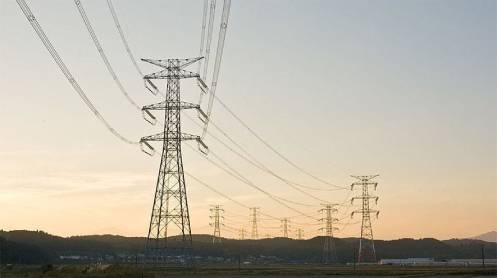KARACHI: Prominent industrial chambers and associations have called for the immediate implementation of the Competitive Trading Bilateral Contract Market (CTBCM) regime, allowing bulk power consumers to directly purchase electricity from generators, thereby bypassing the government.
This demand was highlighted during a conference organized jointly by Renewables First and the Pakistan Environment Trust on Tuesday. The event featured discussions from key industry figures, including Zubair Motiwala, CEO of the Trade Development Authority of Pakistan; Tanveer Ahmed Barry, Vice President of the Karachi Chamber of Commerce and Industry; Johar Ali Qandhari, President of the Korangi Association of Trade and Industry; and Asif Inam, Vice President of FPCCI and Chairman of Aptma.
The speakers expressed concerns over the excess generation capacity in the grid and costly take-or-pay contracts, questioning the government’s ability to efficiently manage the electric grid. They stressed that Pakistan’s power sector is facing a potential crisis, and the CTBCM regime is seen as a crucial solution.
Tauseef Farooqui, former Chairman of Nepra, emphasized that the government’s role should not include engaging in business activities. Currently, the government holds a monopoly on the sale and purchase of electricity. By adopting the CTBCM regime, businesses and ordinary consumers could procure electricity directly from suppliers at competitive rates, addressing many of the sector’s longstanding issues.
Aptma Chairman Asif Inam highlighted the necessity of competitive energy prices for export-oriented industries like textiles to remain viable in the global market.
Faiza Jamil from the Pakistan Environment Trust pointed out that the CTBCM regime would enable businesses to procure clean energy directly from developers through bilateral contracts, reducing Scope 2 emissions and advancing net-zero goals.
The call for CTBCM implementation reflects the urgent need for reform in Pakistan’s power sector to ensure sustainability and competitiveness.





